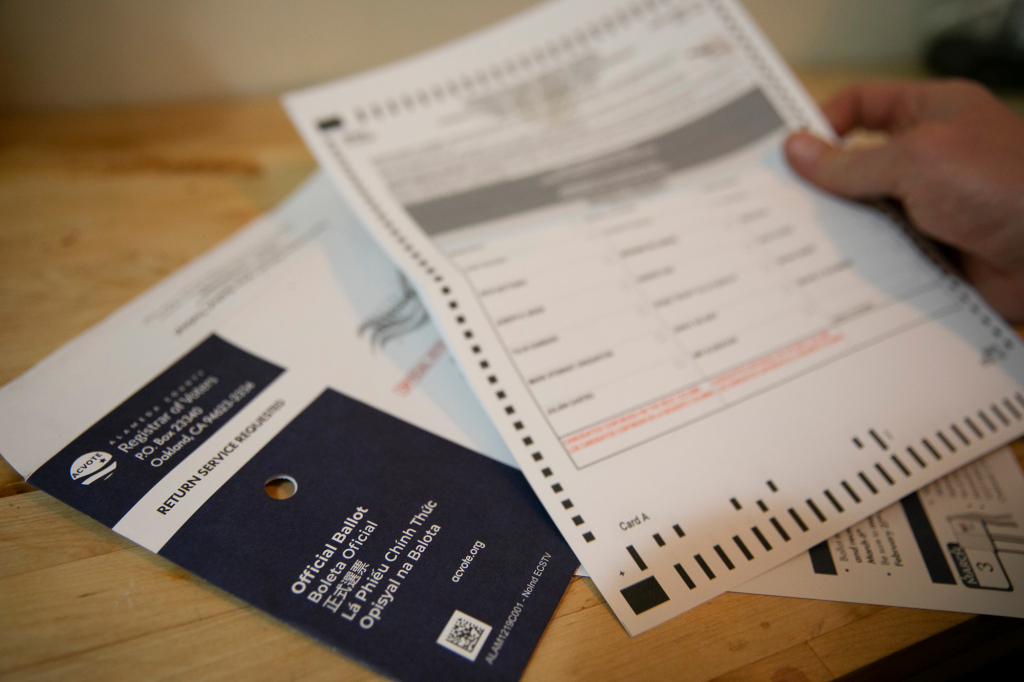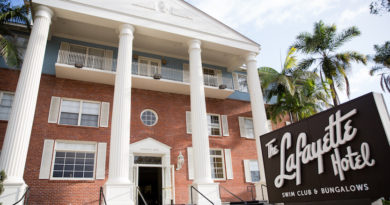Daily Business Report-June 2, 2020
Photo illustration by Anne Wernikoff for CalMatters
Hi-profile measure to amend Prop. 13
qualifies for the November ballot
CalMatters
One of California’s highest-profile ballot initiatives qualified for the November ballot Friday, just a week after another prominent measure did the same.
The initiative would amend Prop. 13, the landmark 1978 measure that capped property taxes, by nixing its protections for commercial property owners. Businesses would thus pay property taxes based on their current market value, raising as much as $12 billion for public schools, community colleges and local governments.
Exempted from the proposed change: agricultural properties and owners of commercial and industrial properties with a combined value of $3 million or less.
In an April poll by the Public Policy Institute of California, 53 percent of likely voters supported the idea, while 47 percent were opposed.
San Francisco Mayor London Breed: “Any local official will have a tough time explaining to their constituents why, in the midst of this crisis, they didn’t support closing corporate tax loopholes to bring more resources back locally for our schools and local communities.”
California Business Roundtable President Rob Lapsley: “We are going to have the largest tax increase in California history at exactly the wrong time in our economy to be able to afford it.”
_______________________________
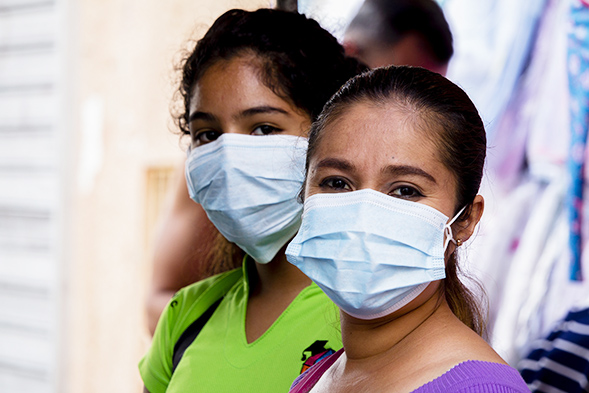
New county-SDSU partnership expands T3 strategy
in contact tracing to prevent spread of COVID-19
Public health faculty at San Diego State University are partnering with the county of San Diego Health and Human Services Agency (HHSA) to advance the county’s COVID-19 T3 Strategy of Test, Trace and Treat in underserved communities in San Diego County, the second most populous county in the state and fifth most populous in the nation.
Through a new contract with SDSU’s School of Public Health and the San Diego Health and Human Services Agency (HHSA) for nearly $3 million over six months, faculty will both train and recruit community health workers and students — about 110 people — to support the county’s disease control activities and to identify individuals believed to have come into contact with those diagnosed with COVID-19.
The application form will be available on the SDSU School of Public Health’s outreach website on Tuesday, June 9 at 9 a.m.
_______________________________
Southern California Bancorp completes
acquisition of CalWest Bancorp
Southern California Bancorp, the holding company for Bank of Southern California, N.A., announced the completion of its acquisition of CalWest Bancorp. CalWest Bank reported total assets of $226 million as of March 31, 2020.
CalWest Bank branches began operating as Bank of Southern California branches on Monday, with core information systems conversion scheduled for Aug. 14, 2020.
The acquisition will push Bank of Southern California’s total assets well over $1.1 billion and consolidated capital over $120 million. These asset totals exclude the effects of the combined banks funding over $500 million in Paycheck Protection Program (PPP) loans to over 2,000 local businesses in Southern California and retaining or restoring over 50,000 jobs.
_______________________________
Cubic awarded contract to
support British Army training
Cubic Corporation announced that Cubic Defence U.K., which operates within its Cubic Global Defense (CGD) business division, was awarded a contract worth more than $35 million, to continue its support for the training of the British Army. The three-year contract is for support and repair of the Area Weapons Effects Simulator (AWES) System at Salisbury Plain Training Area (SPTA) in the United Kingdom and at British Army Training Unit Suffield (BATUS) in Alberta, Canada.
AWES and its integrated Tactical Engagement Simulation system simulates large-scale force-on-force combat exercises, including the effects of direct fire, artillery, mortar fire, mines and air-delivered munitions as well as nuclear, biological and chemical weapons.
_______________________________
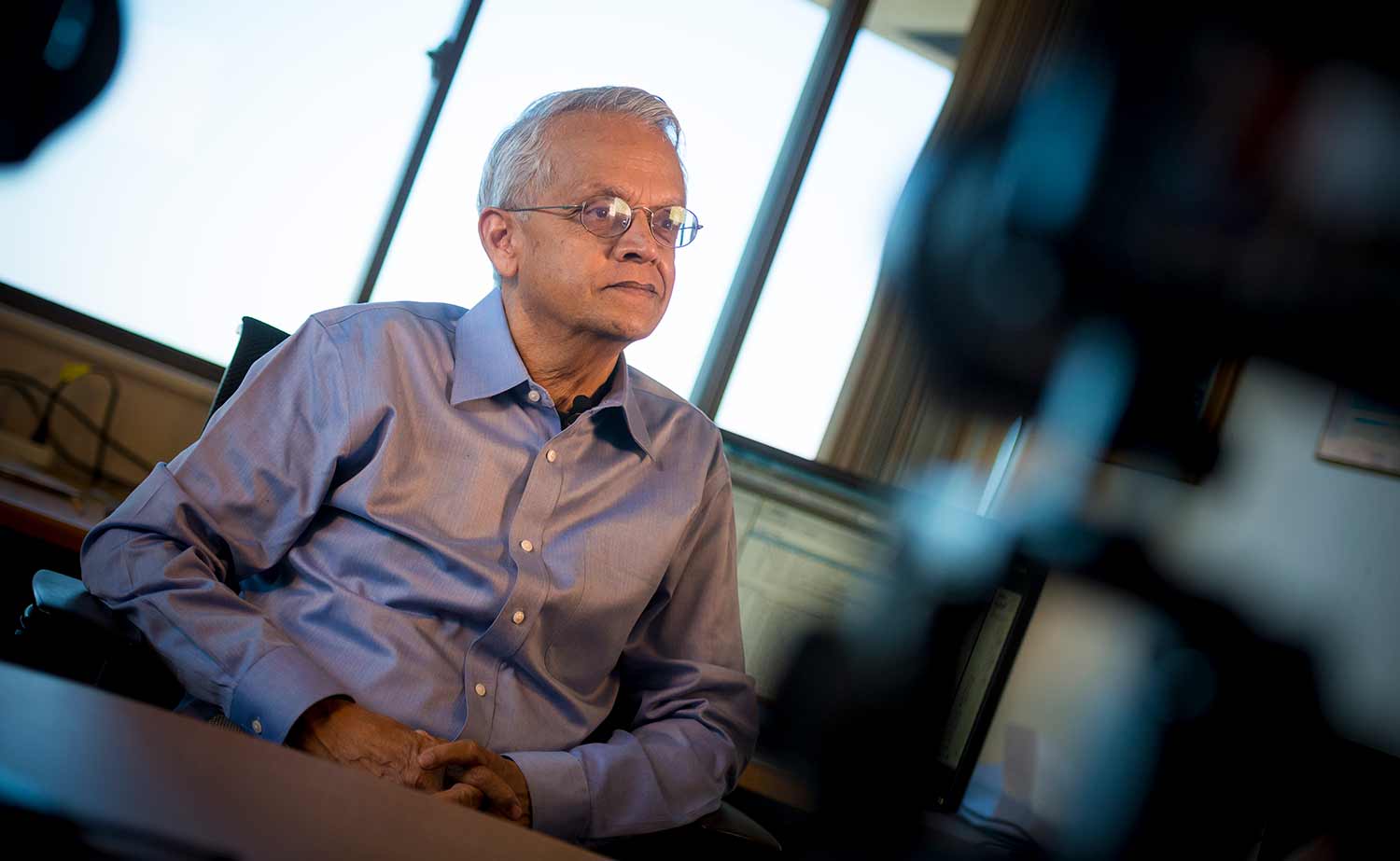
New course aims to bring climate
change solutions to global audience
By Robert Monroe | UC San Diego
Scripps Institution of Oceanography climate scientist Veerabhadran Ramanathan has long had the goal of educating and empowering “one million climate warriors” who will help society tackle the world’s greatest existential threat.
A series of new massive open online courses (MOOCs) being offered to the public could provide a substantial leap toward reaching that goal. “Bending the Curve: Climate Change Solutions” is a four-part course series that will be made available to anyone—from high school students to retired professionals—who are interested in solutions to the climate change crisis.
The series is the first course to be offered on a new online platform being launched by UC San Diego.
The course covers the underpinnings of climate change science and impacts on the health of both people and the planet. Its primary focus, however, is on the multi-dimensional aspects of the solutions to the climate crisis, said Ramanathan.
_______________________________
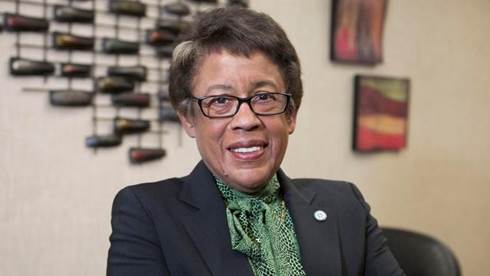
Chancellor Constance M. Carroll appointed
to Promise National Advisory Board
San Diego Community College District (SDCCD) Chancellor Constance M. Carroll has been named to the College Promise National Advisory Board, which leads a nonpartisan initiative dedicated to building public support for tuition-free Promise programs across the country.
The longest-serving chancellor in the SDCCD’s history, Chancellor Carroll is a recognized leader in the tuition-free Promise movement to ensure that all students who wish to attend college can do so regardless of their financial situation.
The SDCCD was among the first in California to launch a Promise program, which began as a pilot with a cohort of 186 students in the 2016-17, has served 4,360 students to date and is now one of the largest in the state.
Funded through state support as well as more than $1.2 million in donations, the San Diego Promise provides not only two full years of tuition-free education, but also book grants, academic counseling, and peer mentoring to help students develop an educational plan meeting their career and academic goals.
Studies show San Diego Promise students are more engaged on campus, enroll in more classes, and are more likely to perform better academically than their first-time, full-time non-Promise peers.
_____________________________
$1 million gift speeds COVID-19
testing and tracking at UC San Diego
A $1 million gift from the John and Mary Tu Foundation is helping to increase the number of people tested for COVID-19, as well as develop new ways to track and treat the virus. The award supports the clinical research activities of University of California San Diego translational research virologist Davey Smith, M.D., who is advancing new diagnostics, therapies and ways to monitor the spread of the virus.
“What we are trying to do is save lives,” said John Tu regarding the creation of the John and Mary Tu Foundation COVID-19 Response Fund. “It’s very simple: with this research, Dr. Smith is working on behalf of everybody, to save us, to save the world.”
At the onset of the pandemic, Smith and his team immediately began to investigate methods that would increase the efficiency of testing as well as understand the disease process—how does the virus mutate and spread within a population? Through sequencing the virus, he is able to track the disease as it spreads into vulnerable populations, which informs the best means for contact tracing (a process of supporting patients and warning contacts of exposure in order to stop chains of transmission). Smith is also leading clinical trials to test new drugs for treatment of COVID-19 for those who have moderately severe cases.
_____________________________
Former FBI special agent joins
CaseyGerry’s team of investigators
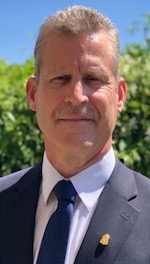
Former Federal Bureau of Investigation special agent Bradlee Godshall has joined CaseyGerry law firm’s in-house team of private investigators.
A decorated special agent, Godshall joins CaseyGerry after 25 years with the FBI, where he focused on complex health care fraud and white-collar crimes. Godshall will be part of the firm’s team of experienced full-time private investigators.
According to CaseyGerry’s managing partner David S. Casey Jr., Godshall will be a key asset to CaseyGerry’s complex litigation team and will investigate a broad range of consumer protection matters. “Bradlee’s reputation as a hardworking, dedicated and effective special agent is unrivaled. Our complex litigation practice – as well as the firm at large – is excited to welcome him as part of the team,” said Casey.
During his tenure with the FBI, Godshall was awarded the FBI Medal of Excellence for his participation in the successful prosecution of health care fraud resulting in monetary penalties and forfeiture of over $10 million in one year alone. The FBI also awarded Godshall its highest honor for investigative prowess, the Director’s Award for Investigative Excellence, for his investigation, exposure and eventual destruction of a surrogacy fraud ring with operations in the United States and abroad.
_____________________________
Commentary:
Republicans versus the right to vote
By Jessica A. Levinson | Special to CalMatters
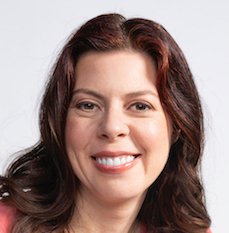
No one should have to choose between their health and their right to vote. Full stop. No proverbial “ifs” “ands” or “buts.”
Gov. Gavin Newsom has acknowledged this. On May 8, he issued an executive order directing that vote-by-mail ballots be sent to every registered voter in the state.
Every registered voter in California already has the right to vote by mail, but prior to Newsom’s order, they had to request that type of ballot or already be a permanent vote by mail voter.
The Republican National Committee, National Republican Congressional Committee and California Republican Party filed suitchallenging Newsom’s executive order.
The suit is a bad political argument dressed up like a lawsuit.
The plaintiffs claim that Newsom’s actions “created a recipe for disaster.” It would be more accurate to argue that Newsom created a recipe for increased voter turnout.
Conventional wisdom indicates that the higher the voter turnout, the better it is for Republicans and the worse for Democrats.
Recently, when discussing Democratic proposals to make it easier to vote, such as by increasing vote by mail, President Donald Trump stated, “They had things – levels of voting that, if you ever agreed to it, you’d never have a Republican elected in this country again.”
We can go up and back about whether Trump was clumsily trying to say that vote by mail would increase voter fraud which would help Democrats, but let’s get real, America. It is hard to escape the conclusion that the president of the United States and many members of his party are really hoping many of you do not show up to vote on Election Day.
There is some statistical evidence that undercuts the Republican view that boosting vote by mail options hurts their chances of winning at the ballot box. And indeed, just recently, Republican Mike Garcia bested Democrat Christy Smith in a largely vote-by-mail congressional election in California.
Notwithstanding the fact that voting-by-mail could actually benefit Republicans, many members of the party are vehemently against it. Trump, despite voting-by-mail himself, has raged against the process. Trump has alleged voting-by-mail is a system that is ripe with fraud and abuse. Trump, without any evidence, has saidvoting by mail is a scam that will lead to a rigged election.
Trump’s baseless accusations accomplish two goals. First, Trump can drive down voter turnout, which Trump clearly believes will benefit Republicans. Second, Trump can lay the groundwork for why he loses, if in fact he does.
Let’s say it one more time. Clearly and slowly. Widespread voter fraud is a myth. This is true for mail-in ballots as well as in-person voting. Are the rare, rare circumstances of voter fraud more likely to occur when voting by mail than voting in person? Yes. Is voter fraud a system problem that threatens the integrity of our election? No.
We should worry about politicians, including the president of the United States, peddling lies about voter fraud that lead to voter suppression. People should not worry about the integrity of the vote-by-mail process.
Voting-by-mail is likely the safest option available in November for the general election. So let’s talk about why anyone would want to undermine that process and the specifics of the Republican lawsuit against Newsom.
The Republican plaintiffs essentially make two broad arguments, the first is blatantly political, and the second is political, but wrapped in the veneer of legal assertions.
First, the Republican plaintiffs claim that ineligible voters will received ballots and this “invites fraud and undermines the public’s confidence in the integrity of elections.” The truth is that by continuously claiming, without credible evidence, that the vote-by-mail system is disposed for fraud and abuse, it is plaintiffs who are undermining the public’s confidence in our elections which will suppress voter turnout. And it is hard to escape the conclusion that that is precisely the point.
Second, the Republican plaintiffs claim that Newsom lacks the power to, by executive order, direct that mail in ballots be sent to all registered voters. The executive order, whose aim is to allow all voters to exercise their right to vote, is described in the complaint as an unauthorized “brazen power grab.” The California Constitution provides the governor with broad emergency powers to issue executive orders to protect our health, safety and welfare. At first blush, protecting our right to vote during a global pandemic certainly looks like a proper use of that authority.
And so we end where we began. Those seeking to undermine the integrity of elections are not those trying to make it easier for you to safely vote. Instead, they are the ones trying to undermine your confidence in the safest way to exercise that right.
essica A. Levinson is a professor at Loyola Law School and director of Loyola’s Public Service Institute, jessica.levinson@lls.edu, @LevinsonJessica. Co-host of the podcast “The Legal Eagle Files” on KCRW. Levinson has also written about presidential candidates. She wrote this commentary for CalMatters.

